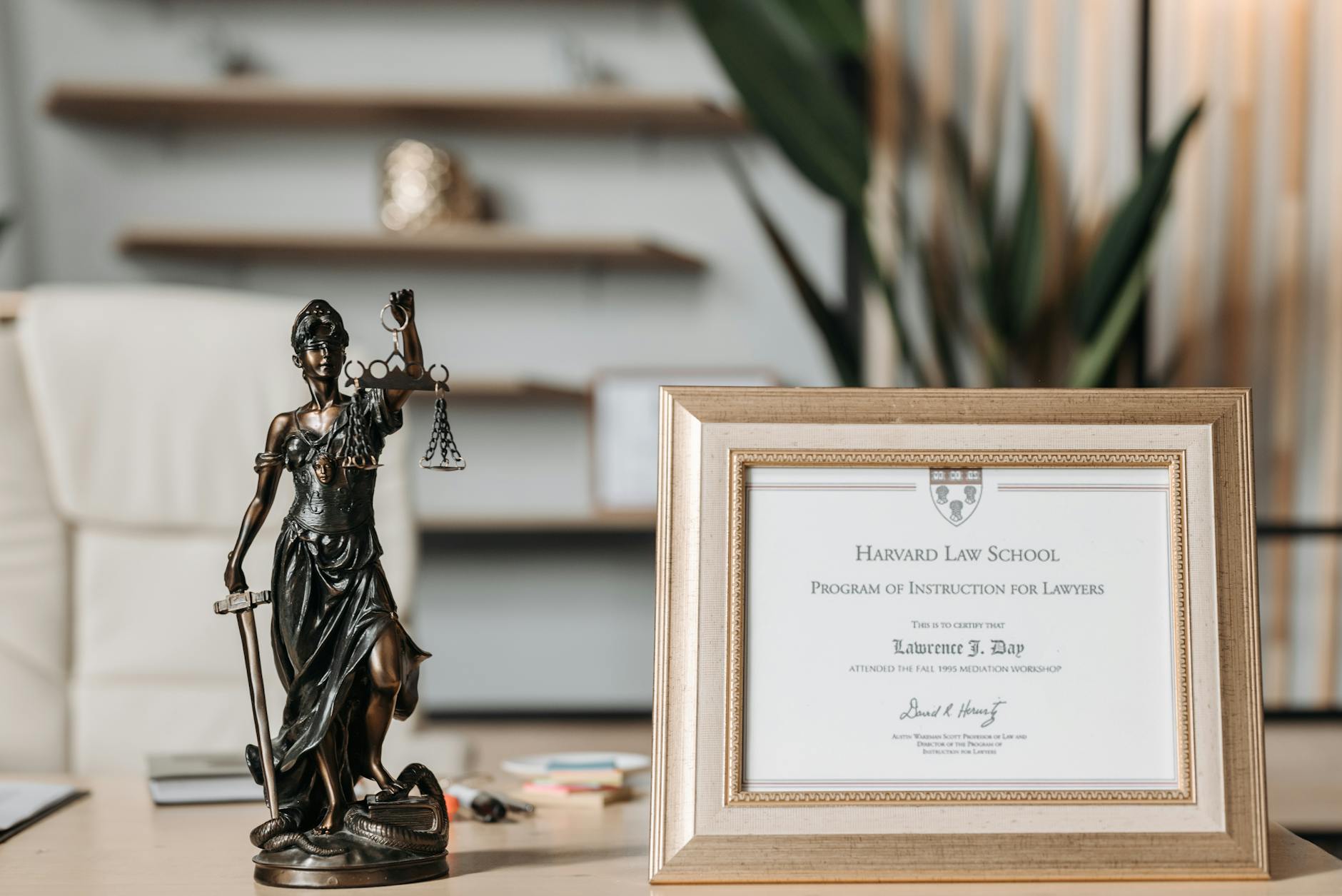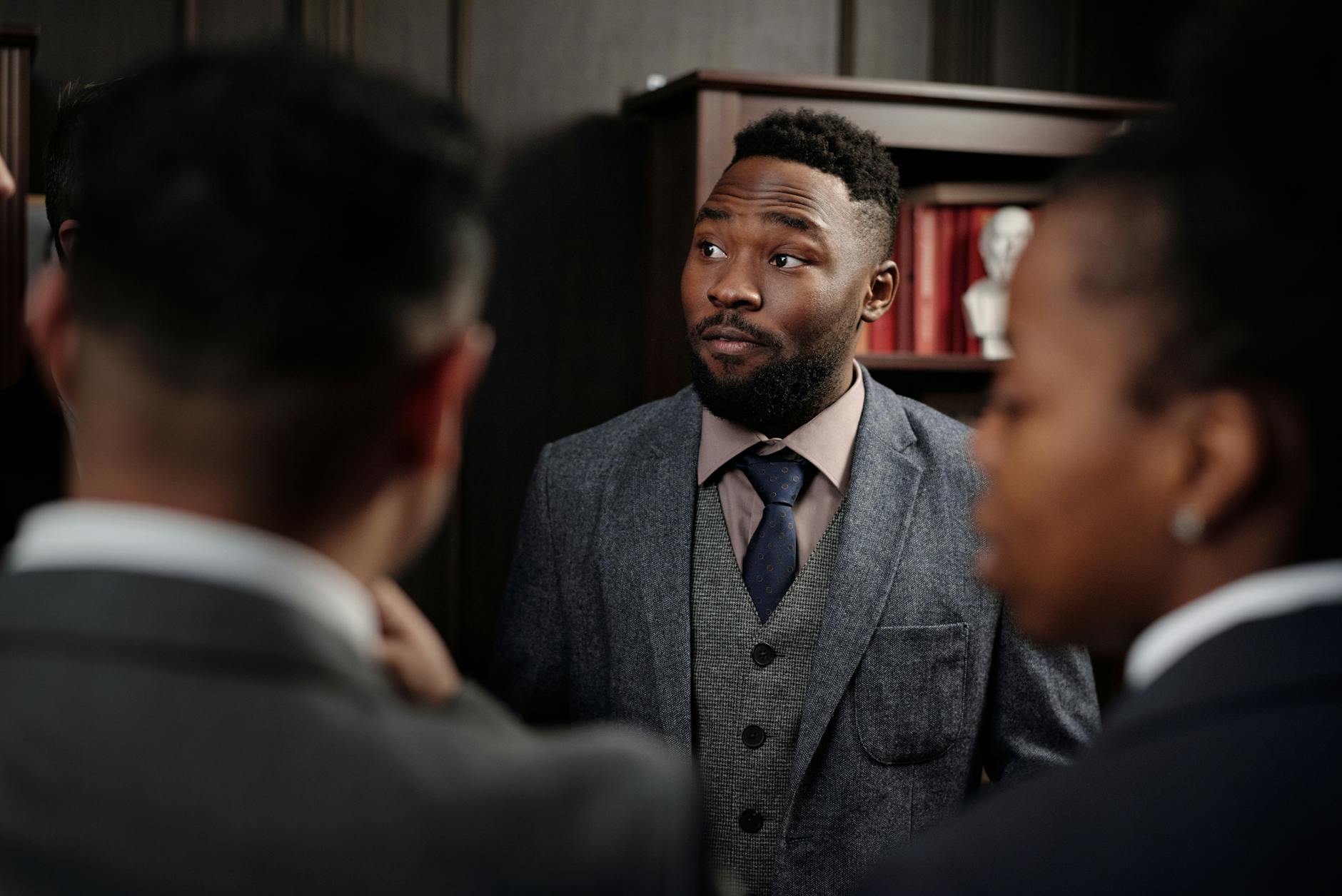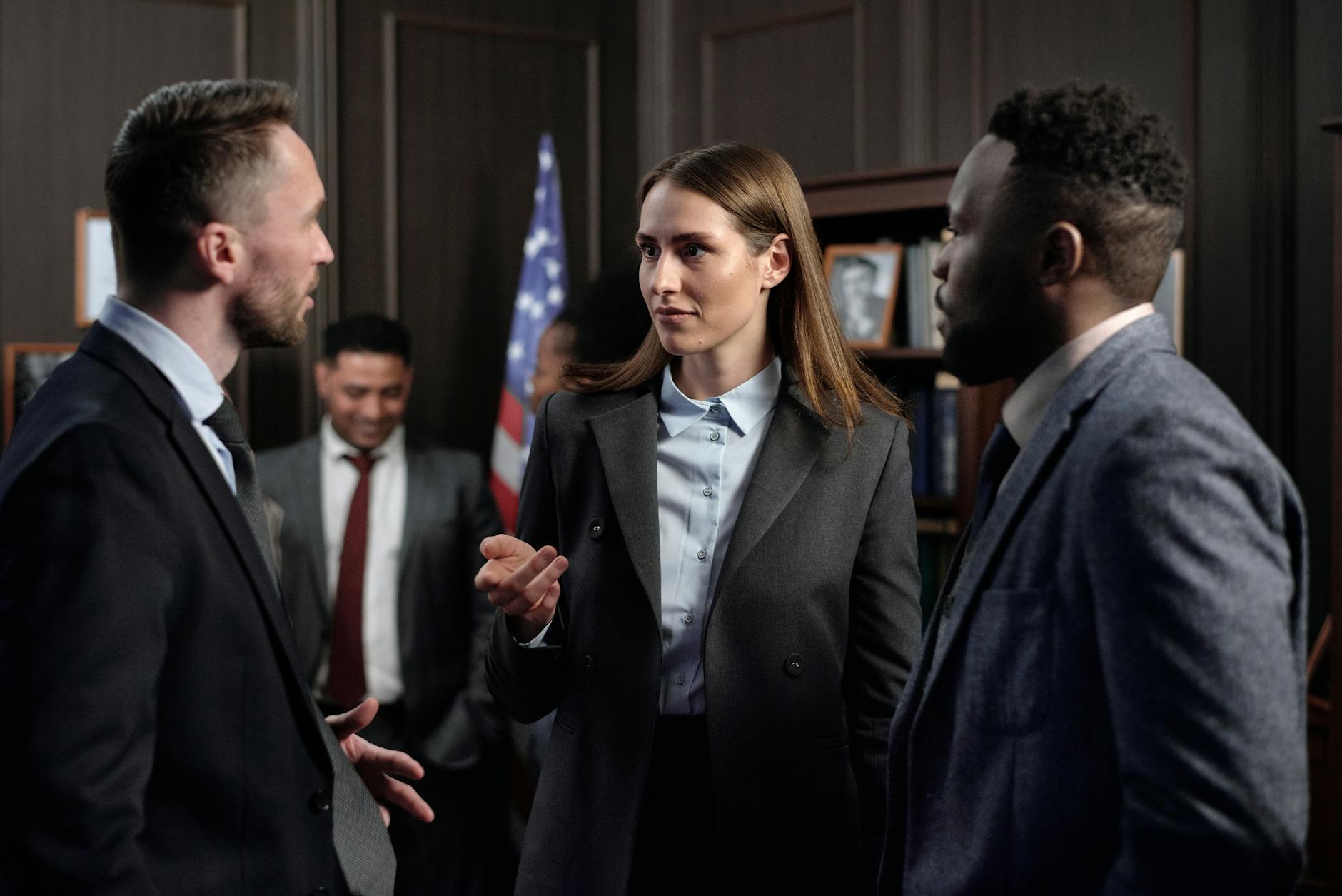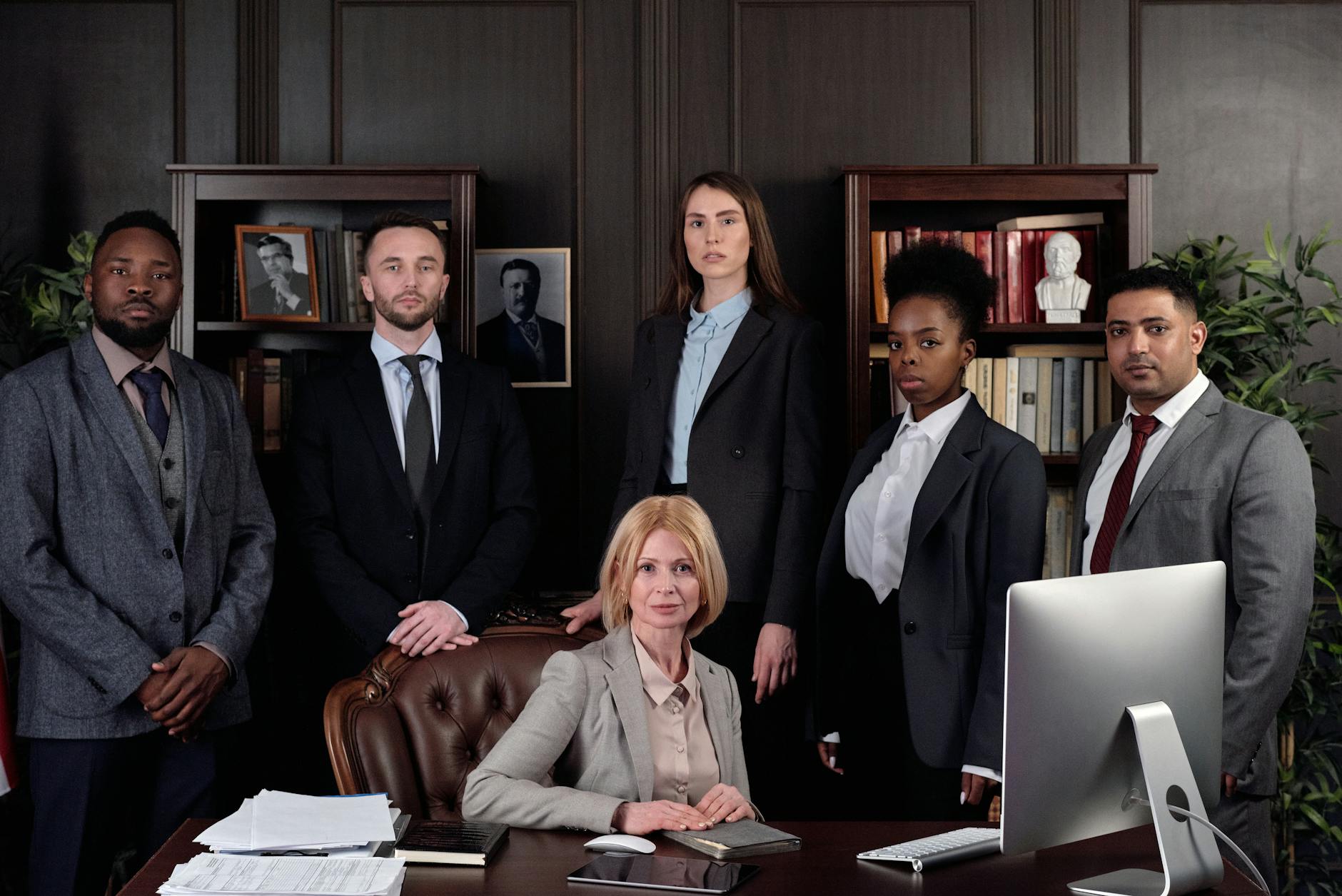We have all been there, in some sort of a legal issue, hung out to dry wondering what to do next. 💼 The legal system is a confusing labyrinth, and whether you are dealing with a complex business dispute, a messy divorce, or criminal charges, chances are you need help. And that is why, your attorneys become that ray of light, who retains you, as you weave through the maze, of law and justice.
However, all attorneys are not created equal. Choosing the correct representation can make or break your case, there are hundreds of specializations and with a variety of expertise. That is every type of attorney offers a diverse skillset, from corporate lawyers to criminal defenders. With such a wide range of legal professionals out there, how do you strike the right balance and find a match made in heaven?
This is your ultimate guide to attorneys. We’ll take a look at the various classifications of legal professionals, discover how extensive their educational and licensure requirements, and identify the unique traits that make top-notch lawyers stand out. This blog post allows you the opportunity to help you become better educated on the steps you can take when preparing to go into law or to handle certain legal situations individually, whichever your preference may be. Join me on this journey of litigation and let’s take a closer look at exactly just what the hell lawyers do anyway. 🏛️⚖️

Types of Attorneys
Attorneys specialize in various legal areas:
- Criminal Defense Lawyers
- Civil Litigation Attorneys
- Family Law Specialists
- Corporate Lawyers
- Intellectual Property Attorneys
| Specialty | Focus Area |
|---|---|
| Criminal Defense | Criminal cases |
| Civil Litigation | Lawsuits |
| Family Law | Divorce, custody |
| Corporate | Business law |
| Intellectual Property | Patents, trademarks |
Each type requires unique expertise to navigate specific legal challenges effectively.

Education and Licensing Requirements
Aspiring attorneys must complete a rigorous educational journey. After obtaining an undergraduate degree, they attend law school to earn a Juris Doctor. The challenging bar exam follows, testing legal knowledge and ethics. Once licensed, attorneys must engage in continuing legal education to stay current with evolving laws and practices.
- Undergraduate Degree
- Law School (Juris Doctor)
- Bar Exam
- Continuing Legal Education
| Stage | Duration | Key Focus |
|---|---|---|
| Undergraduate | 4 years | Foundation |
| Law School | 3 years | Legal Studies |
| Bar Exam | Varies | Licensure |
| CLE | Ongoing | Professional Development |

Key Skills for Successful Attorneys
Successful attorneys possess a diverse skill set. Analytical thinking enables them to dissect complex legal issues. Effective communication is crucial for presenting arguments and advising clients. Negotiation tactics help in reaching favorable outcomes. Attention to detail ensures accuracy in legal documents and case preparation.
- Analytical Thinking
- Effective Communication
- Negotiation Tactics
- Attention to Detail
| Skill | Importance |
|---|---|
| Analytical Thinking | High |
| Effective Communication | Essential |
| Negotiation Tactics | Critical |
| Attention to Detail | Vital |

Choosing the Right Attorney
Assessing Your Legal Needs
Before selecting an attorney, it’s crucial to understand your specific legal requirements. Consider the nature of your case, its complexity, and potential outcomes. This assessment will guide you towards attorneys with relevant expertise.
| Legal Need | Example |
|---|---|
| Personal Injury | Car accident, workplace injury |
| Family Law | Divorce, child custody |
| Criminal Defense | DUI, theft charges |
Researching Specializations
• Civil litigation
• Corporate law
• Intellectual property
• Real estate

The Attorney-Client Relationship
The attorney-client relationship is built on trust, confidentiality, and ethical conduct. Attorneys must maintain strict confidentiality, ensuring client communications are privileged. Clear communication expectations are crucial, with regular updates and prompt responses. Ethical obligations guide attorneys to act in their clients’ best interests, avoiding conflicts and maintaining professional integrity.
- Key aspects:
- Confidentiality
- Communication
- Ethics
| Aspect | Importance |
|---|---|
| Confidentiality | Crucial |
| Communication | Essential |
| Ethics | Fundamental |

Technology in Legal Practice
Modern legal practice relies heavily on technology. Case management software streamlines workflow, while e-discovery tools efficiently handle large volumes of electronic data. Legal research platforms provide quick access to case law and statutes. Virtual law offices enable remote work and client consultations, enhancing flexibility and accessibility in legal services.
- Key technologies:
- Case management software
- E-discovery tools
- Legal research platforms
- Virtual law offices
| Technology | Benefit |
|---|---|
| Case management | Improved organization |
| E-discovery | Efficient data handling |
| Research platforms | Quick information access |
| Virtual offices | Enhanced flexibility |

Attorneys Published Soon After You Published: October 2022 I can think of a few exciting things that even lawyers who have practiced for decades enjoy coming out of court close to court. Going through with education and licensing requirements, important skills along with how a good attorney-client relationship should be conducted are all important when you are seeking representation in a legal matter.
Considering the continued influence of tech on the legal world, lawyers must adopt new tools if they are ever going to practice law effectively. Look for an attorney that practices in your area of law, the level of experience that you are comfortable with and whose communication style matches yours. You might say that a good working relationship with your attorney is always a good idea, but you really want specifically this–trust, honesty, and not having doors closed on you when you attempt to speak up, because that will only lead to confusion and deteriorating or failing communication between you and your lawyer, which only weakens your case.
